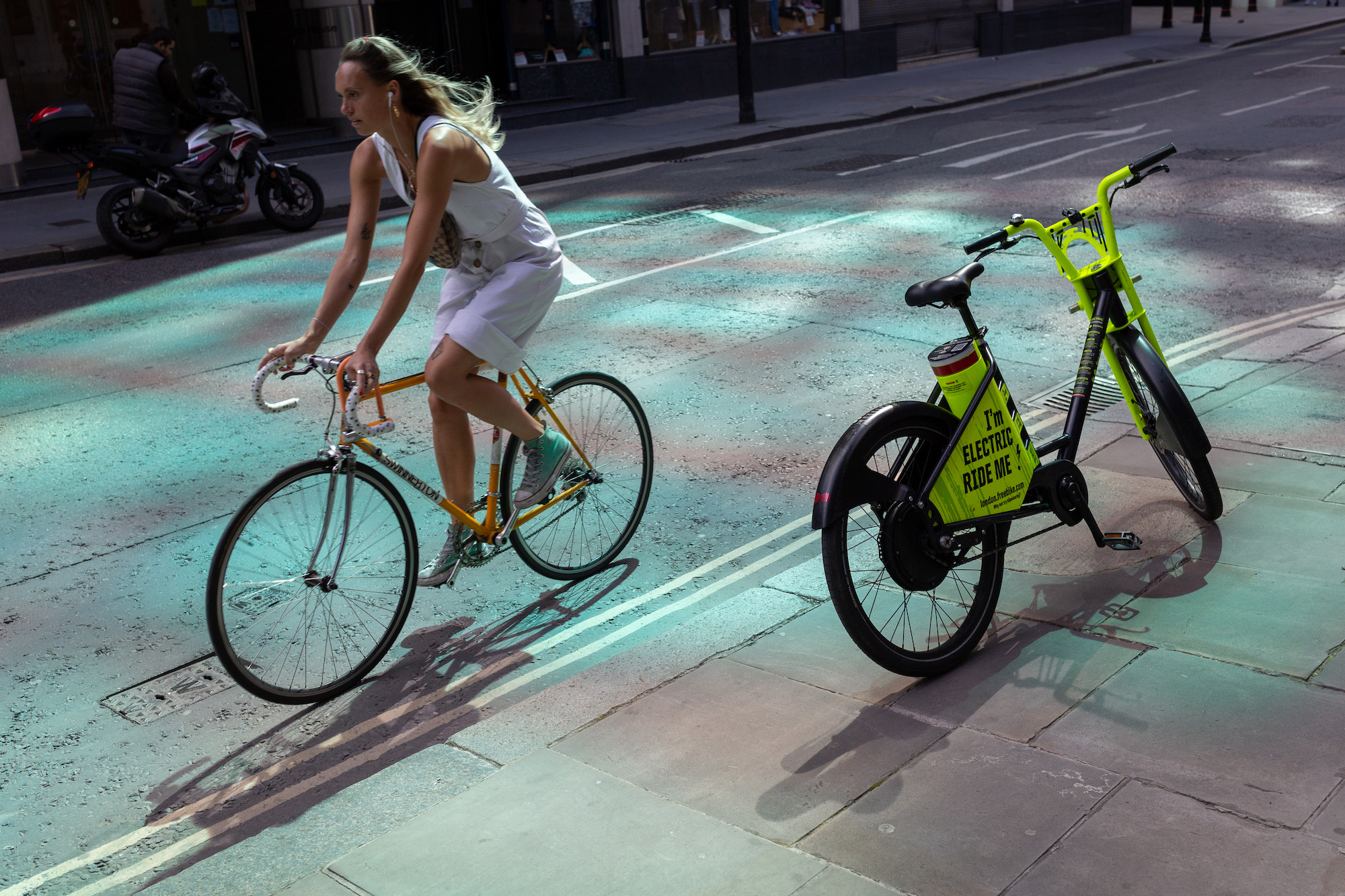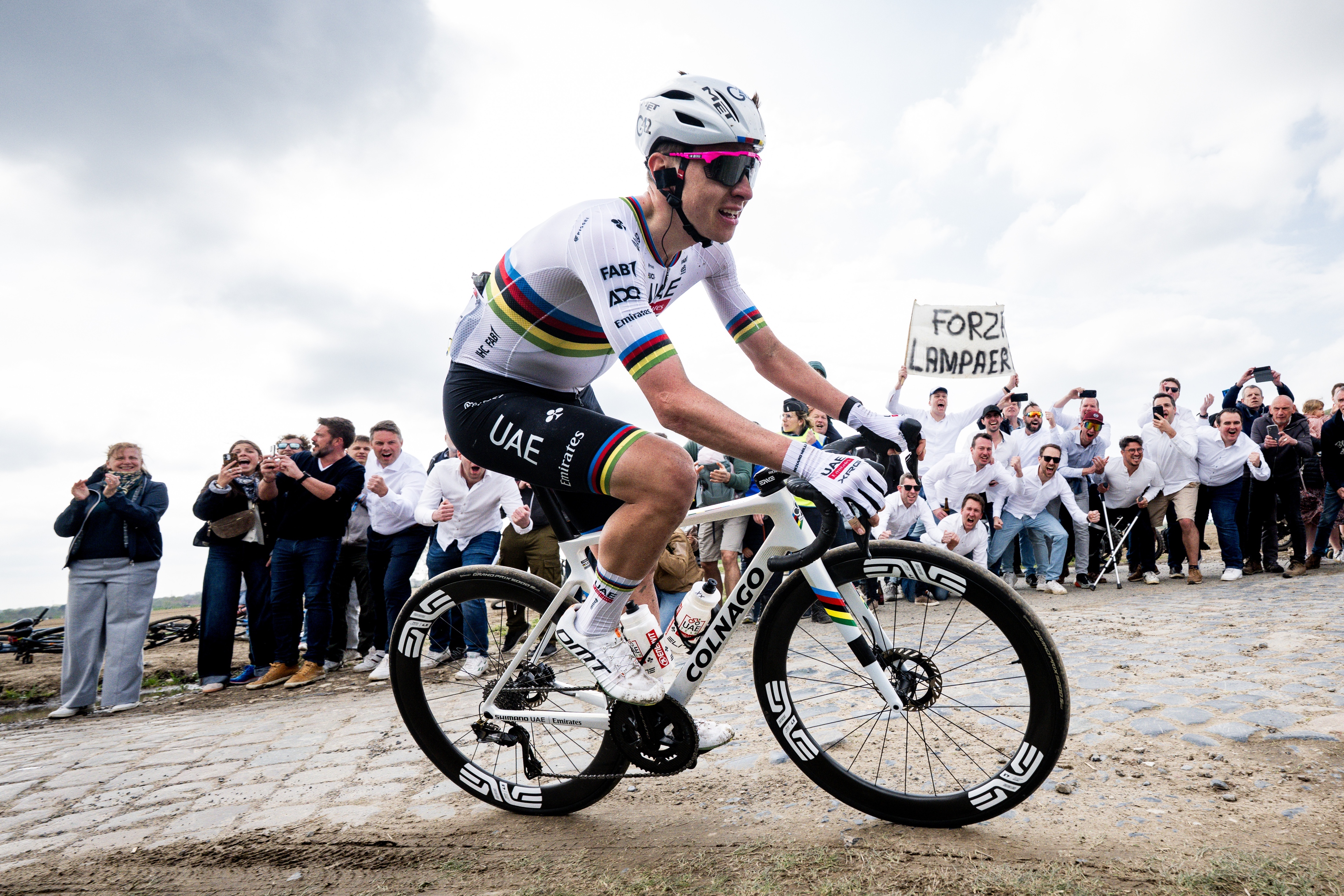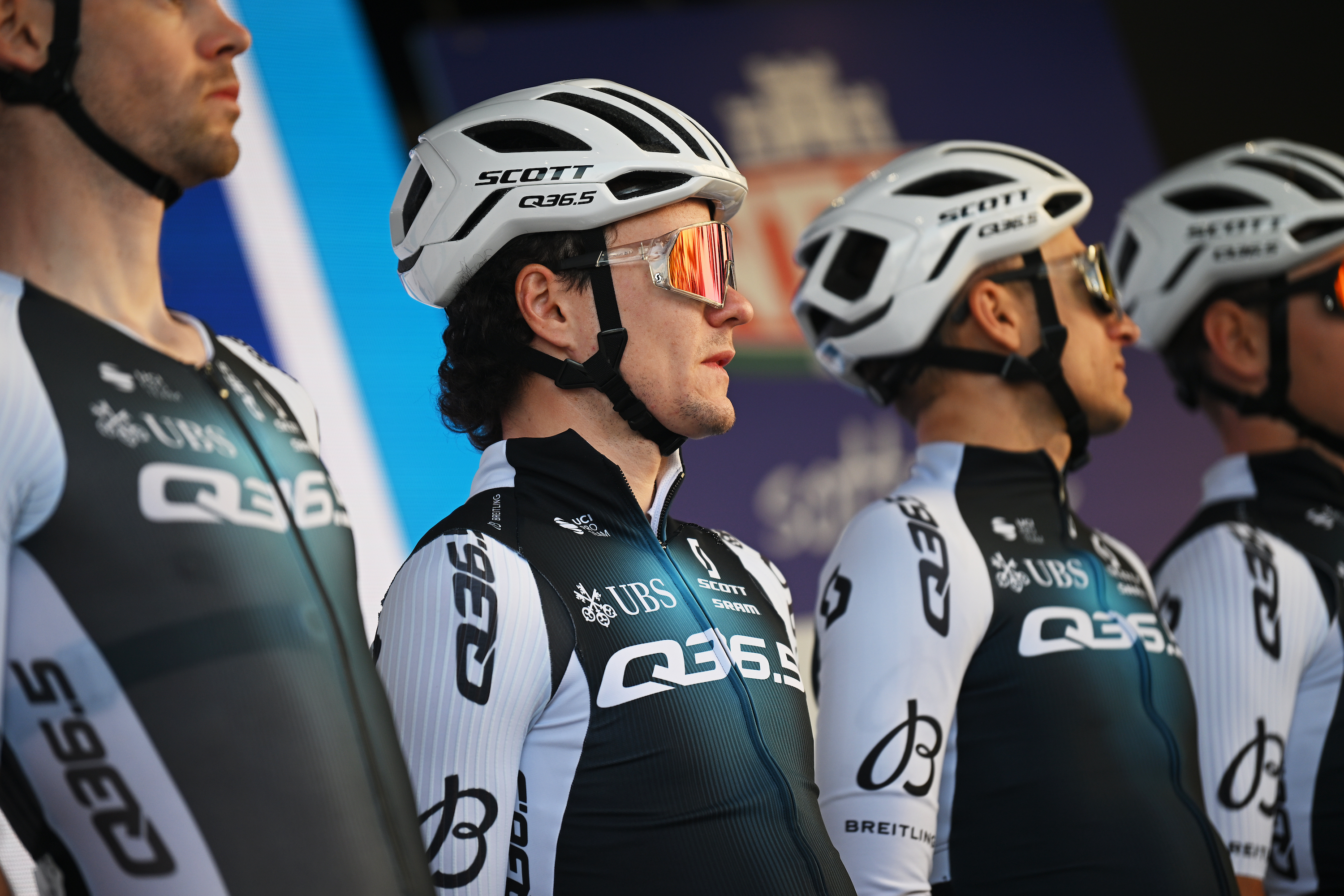Road safety remains the biggest barrier to getting more women cycling
Some women cyclists argue the greatest issue regarding safety is the perception of danger on the roads

Concern over the safety of cycling on the road is the biggest barrier to more women cycling, new research reveals.
More than 41 per cent of women surveyed by bike insurance provider Laka state safety concerns and vulnerability of cycling alone as their main apprehension over transport on two wheels.
42 per cent of women in the UK do not feel confident riding a bike on the road, while almost half of women, 45 per cent, said well-lit cycle lanes would encourage them to travel by bike.
"The data is showing that women are more likely to cycle if they have proper and safe infrastructure. But you also need to incorporate children into cycling as lots of women are looking after them a lot of the time," said Sylvia from North West London, who started riding a cargo bike out of necessity after not wanting to do the 50-minute bus journey to their school every day.
>>> Survey reveals 50 per cent of riders can't get by on the wages they're paid
"You need something you don’t need to worry about like hub gears so everything is contained with less maintenance. And then physical things like the two-tiered bike racks, I can’t put my bike up there because it's too heavy. So we need to design infrastructure for the less abled person so that it works for everybody else."
Sylvia thinks it's more the perception of danger in the eyes of the public, which is reinforced by the media, than the reality of how dangerous cycling is.
Get The Leadout Newsletter
The latest race content, interviews, features, reviews and expert buying guides, direct to your inbox!
"There’s also the perception of danger. I mean cycling is not inherently dangerous but when you cycle to work people always think you’re ‘brave’," Sylvia explains. "Because when it's discussed in the media it's within the frame of danger, someone getting knocked off, etc, The whole narrative around cycling needs to change."
Jess, also from London, agrees that the perception of danger on the road is one of the main reasons.
"I think women are more likely to let the perception of danger stop them from starting cycling. Whereas men are less likely to let the perception of danger stop them from giving it a go in the first place," she said.
"Also gender stereotypes. As you get older girls aren't encouraged to be sportier, they’re encouraged to be more feminine. Wearing lycra on a bike isn't particularly feminine. When you don't have lots of girls cycling, then other girls are less likely to take part themselves."

Thank you for reading 20 articles this month* Join now for unlimited access
Enjoy your first month for just £1 / $1 / €1
*Read 5 free articles per month without a subscription

Join now for unlimited access
Try first month for just £1 / $1 / €1
Jonny was Cycling Weekly's Weekend Editor until 2022.
I like writing offbeat features and eating too much bread when working out on the road at bike races.
Before joining Cycling Weekly I worked at The Tab and I've also written for Vice, Time Out, and worked freelance for The Telegraph (I know, but I needed the money at the time so let me live).
I also worked for ITV Cycling between 2011-2018 on their Tour de France and Vuelta a España coverage. Sometimes I'd be helping the producers make the programme and other times I'd be getting the lunches. Just in case you were wondering - Phil Liggett and Paul Sherwen had the same ham sandwich every day, it was great.
-
 'One of the hardest races I've ever done in my life' - Tadej Pogačar finishes runner-up on Paris-Roubaix debut after crash
'One of the hardest races I've ever done in my life' - Tadej Pogačar finishes runner-up on Paris-Roubaix debut after crashWorld champion reacts to 'extremely hard' battle with Mathieu van der Poel
By Tom Davidson Published
-
 'I thought it would be dark by the time I got here' - Joey Pidcock, the last rider to finish Paris-Roubaix, on his brutal day out
'I thought it would be dark by the time I got here' - Joey Pidcock, the last rider to finish Paris-Roubaix, on his brutal day outQ36.5 rider finishes outside time limit, but still completes race with lap of the Roubaix Velodrome
By Adam Becket Published